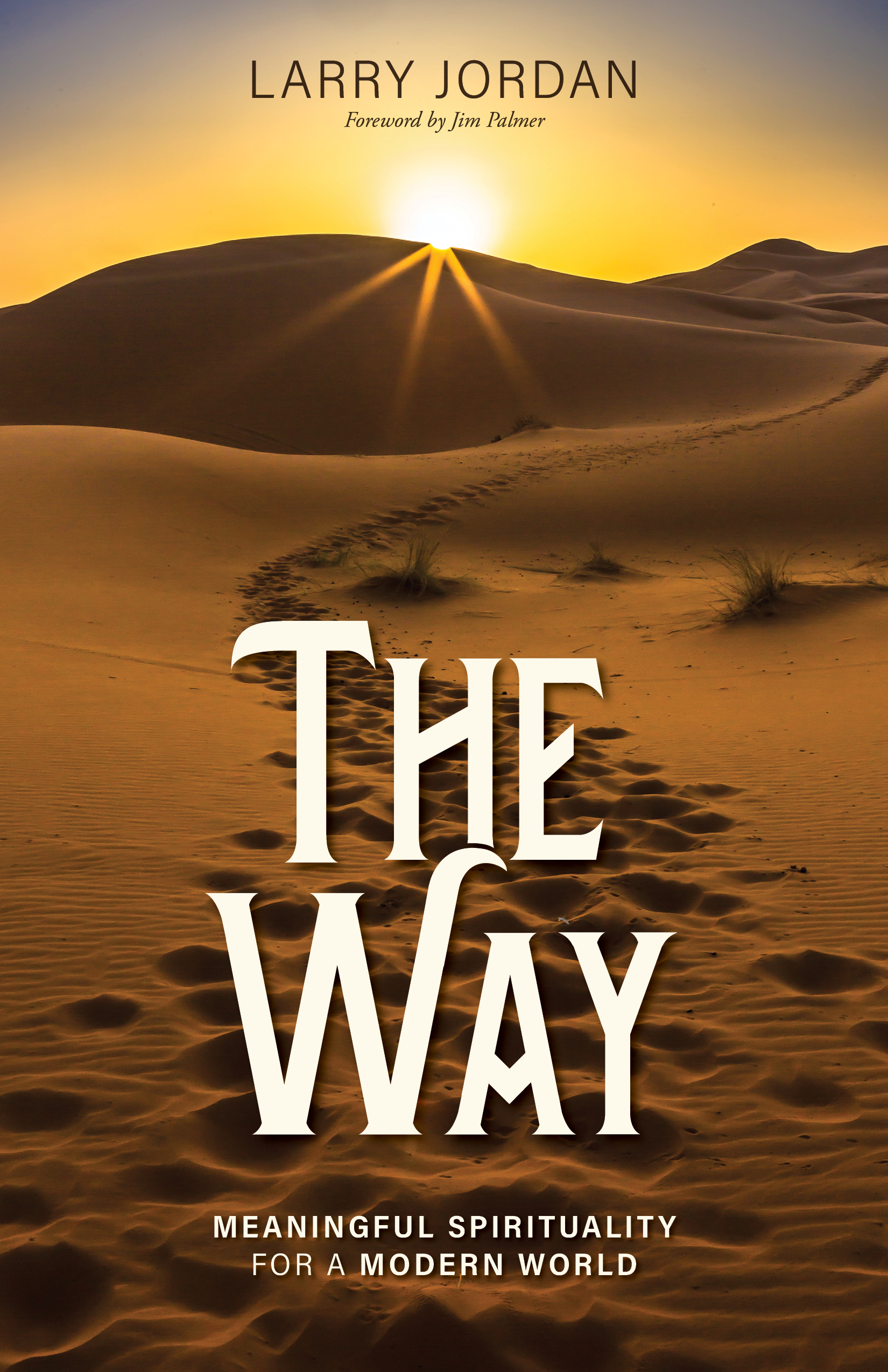Is Christian Theism Dead?
Jim Palmer, a friend and mentor who wrote the foreword to my book, recently posted a podcast episode called, "Is Christian Theism Dead?" for the Center for Non-Religious Spirituality.
https://podcasters.spotify.com/pod/show/nonreligiousspirituality/episodes/Is-Christian-Theism-Dead-e2ctf6s
Jim says that Christian theism is dead, meaning that there are fewer people who believe in a Supreme Being who creates the Universe and manages human affairs:
- Scientific discoveries like evolutionary biology and quantum physics can explain the operation of the Universe without a Supreme Being.
- Postmodernism and secularization can lead to a deconstruction of Christian theism and a distrust of organized religion and other institutions.
- More critical thinking, more information availability, and more multiculturalism can support beliefs other than traditional Christian beliefs.
- The prevalence of Eastern religions introduces non-theistic understandings of God as the "ground of being," rather than a being.
- Many modern people question speculative beliefs, supernatural doctrine, and unkind practices associated with traditional Christian beliefs.
- Some modern people think that theories such as panentheism, pantheism, and panpsychism better explain Ultimate Reality.
- All of these factors support kinder, gentler forms of progressive Christianity that emphasize love, rather than sin.
Today, some of the world's two billion Christians still embrace some of Christianity's speculative beliefs, supernatural doctrines, and unkind practices, but if Christian theism is dead or dying, what will replace orthodox Christianity, and how will we get from here to there?
- What happens if churches admit that perhaps there was no talking snake, no global flood, no virgin birth, and no physical resurrection?
- What happens if churches admit that perhaps the pope is not infallible, the Bible is not inerrant, and we are not justified by faith or works?
- What happens if churches admit that perhaps God is not a person (or three persons) and that there may not be a heaven or a hell?
- What happens if churches admit that perhaps divorce is acceptable, gay people are not disordered, and women can be ministers?
Christians have been asked to believe a lot of unbelievable things for a long time, many beliefs stand on shaky foundations, and the theological structure becomes shakier as more beliefs are questioned.
Which beliefs are essential, and which are (at best) inessential or (at worst) harmful, outdated, or superstitious? Can a church rooted in the fourth-century survive in the twenty-first century?
Can Christianity develop in a way that is more experiential, more nuanced, and more respectful of science? If not, will our children or grandchildren ever return to church?

